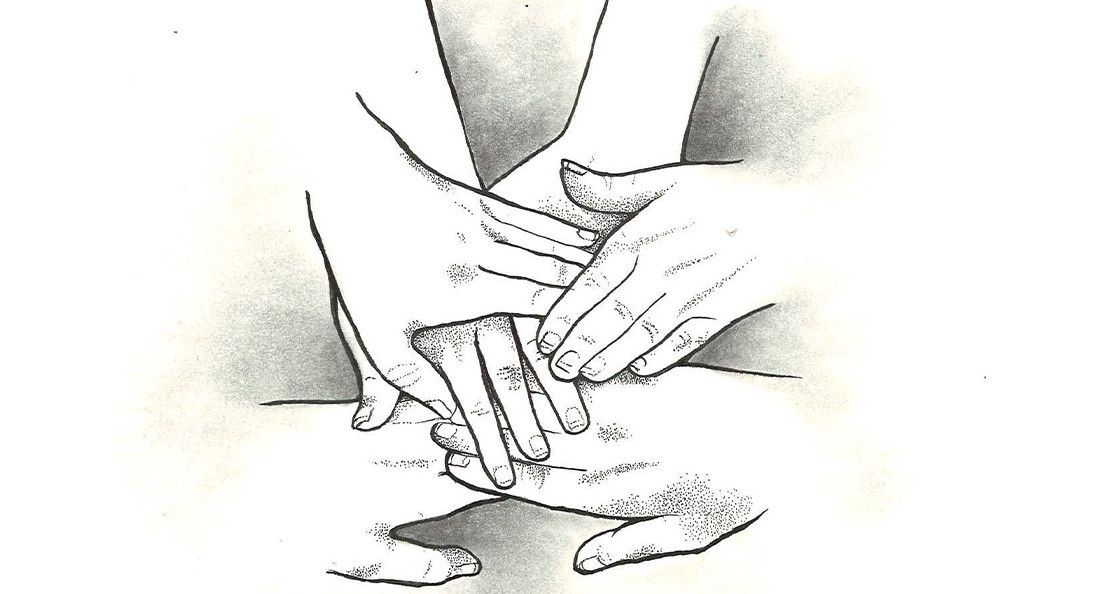Nygard accusations force examination of social values
Systems continue to fail to fully address sexual abuse
More than 50 women from Canada, the United States and the Bahamas have filed an international lawsuit against Canadian fashion mogul Peter Nygard.
Now 79, Nygard is accused of using sexual violence, intimidation and bribery to lure and silence his victims. The allegations date as far back as 1977, and some women claim that they were minors when Nygard sexually violated them. He has since denied all allegations. In August, the Southern District Court of New York put the case on hold until further notice.
Coming forward with allegations of sexual violence, especially against a powerful man, is not easy. Doing so places a person in a precarious situation: if they speak up, they are at risk of damaging their reputation. According to a 2019 survey by the charity Young Women’s Trust, 24 per cent of young women would be reluctant to report sexual harassment at work for fear of getting fired.
CBC’s The Current tells the story of a former Nygard employee who claims Nygard raped her during a business trip in the 1980s. Because she was a new immigrant and a single mother, she endured working for the company until her unexpected firing.
She says two Nygard employees later came to her home and gave her a reference letter and $8,000. At the time of her assault, Nygard allegedly told her that going to the police would not do anything. As a result of her trauma, she fled Canada and returned to her home country. Since then, many others have shared similar stories of being sexually assaulted by Nygard.
So many of these women held their silence for years in fear for their lives and reputations. After all, few crimes are as confounding and punitive as rape. Rape comes with a built-in alibi that can instantly exonerate the criminal and place blame on the victim.
There is nothing more dehumanizing than rape. As writer Elizabeth Schambelan puts it: “There is, as yet, nothing and no one to make us know (rape’s injustice), nothing to make it public knowledge, knowledge that we all share and that we all acknowledge that we share.”
There is nothing that can be used to explain robbery or murder the way that sex can be used to explain rape. A person who has suffered sexual abuse not only has to process the trauma of the abuse itself, but also the trauma that comes from public scrutiny.
As much as we want to believe that we live in a progressive society, acts of sexual abuse continue. We must stop perpetuating victim-blaming. And for as long as powerful men can buy freedom with their seemingly unlimited resources and savvy lawyers, the path to justice remains a harrowing one.
Karla Atanacio is an International Development Studies major at the University of Winnipeg. She enjoys learning about the world through books, podcasts and her own personal observations.
Published in Volume 75, Number 02 of The Uniter (September 17, 2020)







